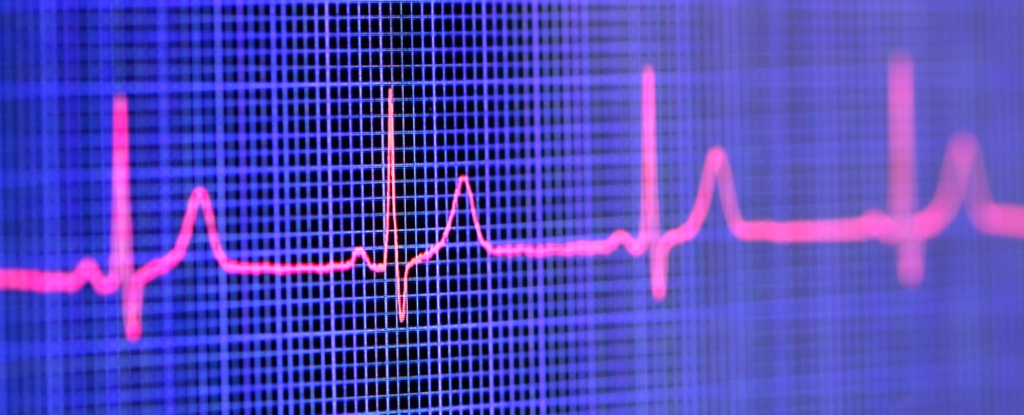Fitness
The Time You Take Blood Pressure Drugs May Lower Heart Attack Risk

Taking blood pressure medication at a time that aligns with your personal chronotype – the way your body’s circadian rhythm affects when you go to sleep and get up – could help to protect the heart against the risk of heart attack, a new study shows.
Put another way, it may be beneficial for night owls to take their medication in the evening, and for early birds to take it in the morning. These timings seem to offer some protection against the risks associated with blood pressure (also known as hypertension).
The international team of researchers behind the new study looked at records for more than 5,300 individuals, who answered questions about their chronotype, before being randomly split into groups and instructed to take their blood pressure meds at different times. Participants were then monitored over several months.
“These results are exciting because they could represent a paradigm shift in the treatment of hypertension,” says Filippo Pigazzani, a cardiologist at the University of Dundee in the UK, who co-led the study.
“Our research has now shown for the first time that considering chronotype when deciding [the] dosing time of antihypertensives – [a strategy called] personalized chronotherapy – could reduce the risk of heart attack.”
Each person’s circadian rhythm (24-hour biological cycle) varies slightly, based on genetics and other factors. These rhythms are well known for influencing our sleep patterns, but they also help to dictate body temperature, hormones, metabolism – and, importantly for this study, blood pressure levels.
If blood pressure cycles up and down throughout the day, the time that medications are taken might matter, the researchers hypothesized. It’s an idea that’s been explored before, but the results haven’t led to any clear conclusions.
In this study, the team wanted to identify the chronotypes of the participants before looking at heart health because chronotypes have previously been shown to affect the risk of anxiety and type 2 diabetes.
The results showed that taking medications at times ‘misaligned’ to chronotypes increased the risk of suffering a heart attack – particularly for those night owls who are usually most active at night, and took their medication in the morning.
“It’s important for physicians to remember that not all patients are the same,” says circadian biologist and co-lead author Kenneth Dyar, from Helmholtz Munich in Germany.
“Humans show wide inter-individual differences in their chronotype, and these personal differences are known to affect disease risk.”
While the data here isn’t comprehensive enough to definitively say that blood pressure medication timings affect the drugs’ effectiveness, there’s enough evidence that the researchers are interested in running more thorough studies to see what the relationship is.
“Before any patients change when they are taking their antihypertensive medications, our findings first need to be confirmed in new randomized clinical trials of personalized chronotherapy,” says Pigazzani.
The research has been published in eClinicalMedicine.


)






